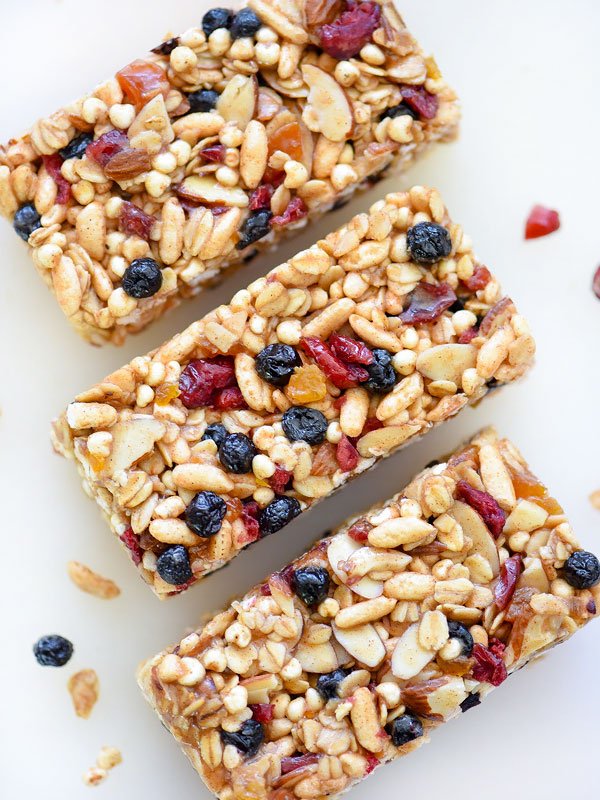Photo: Foodie Crush.
We’ve focused this week’s blog post on how to fuel your body the right way, seen as though it is Nutrition and Hydration week.
Hydration
Hydration is essential for those who cycle and workout, as you lose certain minerals that the body needs to restore. There are two factors to how readily fluid will be absorbed by the body.
The first one is the rate at which the fluid drains from the stomach. The second is the rate of fluid absorption in the intestine – concentration of electrolytes like sodium and carbohydrates in the beverage are what affects this.
Excess sweating leads to significant mineral loss, the majority being sodium. Drinking water with no electrolytes dilutes the remaining electrolyte minerals in the body. The result is that your kidneys will produce more urine to balance the concentration levels, meaning that your body does not retain the relevant fluid.
Managing your Hydration
You should drink before, during and after a ride. If you are planning to take on a big event, then you should prepare by keeping your body hydrated properly a few days beforehand.
Your body loses electrolyte salts when you sweat, which are essential for controlling the fluid balance inside the human body. You should replace electrolytes with a drink such as SiS GO Hydro.
Dehydration can affect:
- The body’s cooling mechanism
- Performance
- Blood volume decreases which leads to an increase in heart rate without an increase in workout
- Blood flow slows down, which leads to an increase in body temperature
- Limits ability to increase effort level and increases exertion rate
- You lose concentration, skill and accuracy
Nutrition
Maintaining nutrition can be tricky as sometimes you just don’t have the time. Here are a few tips that’ll help you keep your nutrition in check.
- Consume the right minerals and vitamins – Two main types of vitamins are fat-soluble and water-soluble. Fat-soluble vitamins such as vitamin A, D, E and K are stored in the body. But water-soluble vitamins are not stored in the body and need to be consumed in a diet every day.
- Pre-ride meal – Try to time your pre-ride meal 90 minutes before your ride. Try to aim for a low fat, carbohydrate dominant meal with a small portion of lean protein
- During your ride – If you are going for a long ride, make sure you pack some gels, bars and water to top up on your energy levels
- Recovery food after riding – It is recommended that you refuel in the first 20 minutes after riding, this is where nutrients are absorbed more by the body and fill the muscle stores
More information on nutrition and what foods to include in your diet can be found in our previous blog post:

